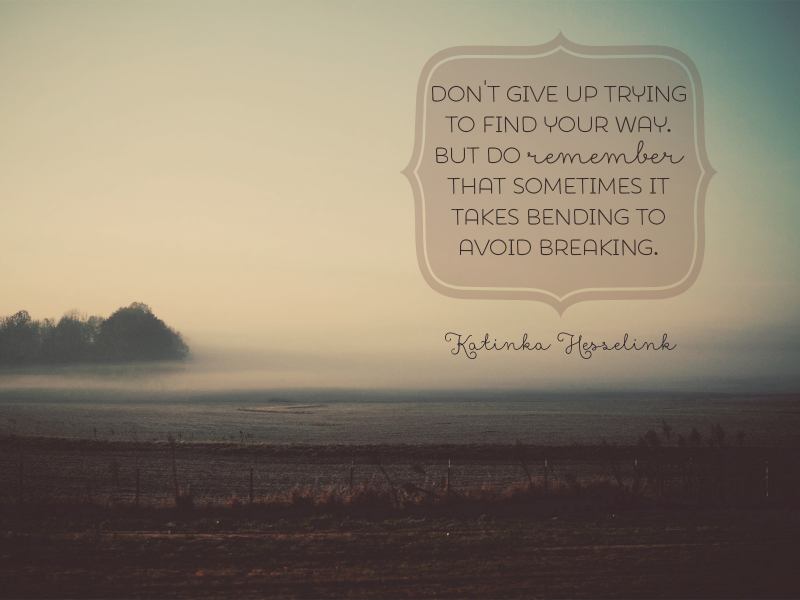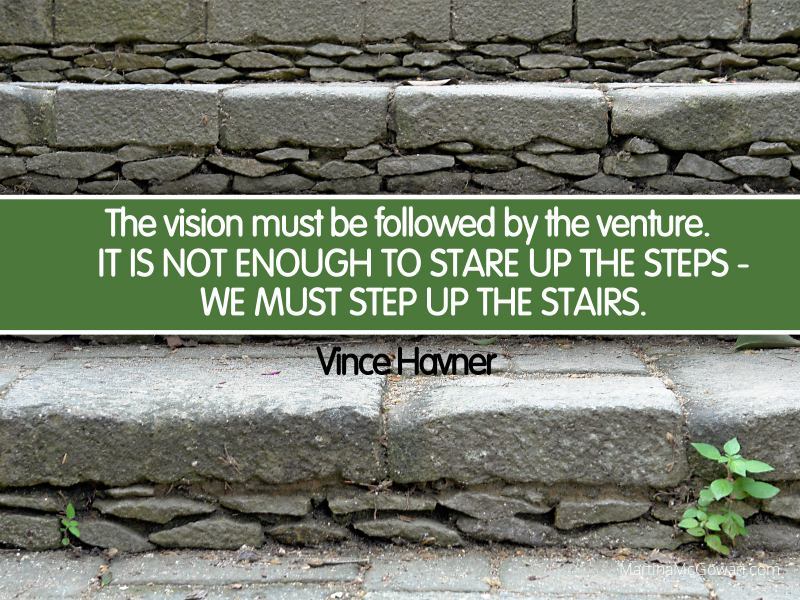Journaling is a powerful tool that too few people take full advantage of. It can sometimes seem like a silly waste of time. However, journaling provides tons of benefits and a surprising number of highly successful people make journaling a daily habit.
We can learn a lot about ourselves and gain a lot of insight into our lives. There’s something magical about writing that thinking alone just doesn’t have.
“All the noise in my brain. I clamp it to the page so it will be still.”
Barbara Kingsolver
While we can choose to type our journal entries into our computers, most people find it much more effective to use an actual pen (or pencil) and paper to write out their thoughts, feelings, and insights.
The main thing we want to talk about today is, “How do I get started?” Here are a few suggestions
1. Review your day. Take a look at your day and make some notes. Most of us don’t carry our private journals with us all day for fear that someone might peek into them. I often use sticky notes, a small pad I keep in my bag, or a folder on my phone to jot things down as the day progresses. That may mean a special event, an odd occurrence, a “fantastic” line I hear or read, something preying on my mind or heart, anything…
● What happened?
● How can I use this event or knowledge in the future?
● What did I learn?
● What mistakes did I make?
● How can tomorrow be a little better than today?
A number of years ago, on a tour in China, I began pasting memorabilia of the day into my journal. Sometimes it was the logo from the corner of a napkin or program, a matchbook cover, or a colorful flyer. My friend and traveling companion called this “journaling with bits.” It gave me a vivid reminder of what happened during the day. And they are fun to look back through all these years later. The sight and touch of these objects stir up powerful and vivid memories and stimulate my writing.
These are a few examples…
The remarkable thing is that these moments helped me grow at the time they happened and they continue to feed me as I review them.
2. List progress toward your goals. Think about and list your goals. Be specific! Write down the progress you made today toward each goal. If you failed to do anything to make progress toward one or more of your goals, make a note of that, too. This is just as important. It helps bring clarity to either the goal or to the obstacles standing in our way. In this way, we can begin to sort out what to do differently.
● Be proud of the progress you’ve made.
● Become more determined by the progress you failed to make.
3. Address fears. Write about your fears. What are you afraid of? Why do you think you’re afraid of those things? How do your fears impact your life? What is the plan to address those fears?
“I did then what I knew how to do.
Now that I know better, I do better.”
Maya Angelou
4. Choose one way to enhance yourself. Pick something you want to work on and work on it. Write about it in your journal. Perhaps you want to lose 10 pounds or strengthen your communication skills.
● Choose something that would enhance your life and write about your thoughts, plans, and progress.
5. List your goals each day. Writing down your goals each day is a powerful way to stay focused on them. Write your 10 most important goals each day and notice how they evolve over time. Write growth goals. What new or different things do you want to do or try? Or maybe you’d like a do-over, or a do-better next time, now that you know better.

6. List three things that make you feel grateful today. What are you grateful for? Make a list of several items each day and notice how your perspective on life changes.
7. Write about the obstacles in your life. What’s standing in your way? List the obstacles in your life that you believe are blocking you from happiness or achieving your goals.
8. Make a plan for the future. Aside from your specific goals, what does your dream life look like? How are you planning on getting there? Think about it and sketch out a plan.
9. Write about what is causing you to feel negative emotions. What is getting you down? What are the situations, people, habits, and beliefs that are causing you the most grief? Why do these things bother you? What can you do about them?
10. List the best thing and the worst thing that happened today. What are these two things and what was so great or terrible about them?
11. Use journaling prompts. There are literally thousands of journaling prompts online you can choose to use at any time. Here are a few examples to get you started:
● Make a travel bucket list.
● List five things you appreciate about each member of your family.
● Describe your ideal day.
● If I could speak to my teenage self, I would say…
● I wish that others knew I…
● I wish I could say no to…
Journaling Aesthetics
Sorting out how to make a habit of journaling every day will take some time, but it’s time well spent. Start small. Perhaps take 1 or 2 of the suggestions above to begin your process. Consider starting with reviewing your day (#1) and gratitude (#6).
“Your journal is like your best friend. You don’t have to pretend with it,
you can be honest and write exactly how you feel”
Bukola Ogunwale
Every suggestion will not work for everyone. You will want to keep your writing to a set amount of time, say time 3-20 minutes. Try not to turn this into an additional chore or hardship for your already overfilled day and overtaxed mind.
You will figure out what is important for your own journal, your own style, and your own life. This is but one building block in constructing the lives we want to lead.
By developing a routine that incorporates journaling into your life, it won’t be long before you begin noticing The Real Benefits of Keeping a Journal, of Writing to Yourself. Do what the many successful people in the world do and write about your thoughts and your life.
Please subscribe.
Chat soon…







